The Glory and Decline of Rome
Rome, the ancient empire that once dominated the world, has a fascinating history that has influenced the course of human civilization. In this article, we dive deeper into the rise and fall of the Roman Empire.
The Rise of the Roman Empire
The Roman Empire began as a small settlement in the heart of Italy and grew into one of the largest and most influential empires of all time. Rome’s rise is often attributed to its military strength, political skill and advanced technologies, such as the famous Roman aqueduct system.
The Golden Age of Rome
During Rome’s Golden Age, the empire reached its peak under emperors such as Augustus and Trajan. Roman territory stretched from Britain in the west to the Middle East in the east, and from North Africa in the south to the Rhine and Danube rivers in the north. It was a time of peace, prosperity and cultural flourishing.
The Fall of the Roman Empire
Unfortunately, the glory of the Roman Empire was not forever. In the 5th century, the empire began to falter under the pressure of barbarian invasions, economic problems and internal divisions. Finally, the Western Roman Empire fell in 476 A.D., when the Germanic warlord Odoaker deposed the last emperor, Romulus Augustulus.
The fall of the Western Roman Empire marked the end of an era and the beginning of the Middle Ages in Europe. However, the Eastern Roman Empire, also known as the Byzantine Empire, would continue for several centuries before finally falling in 1453 during the siege of Constantinople by the Ottomans.
In conclusion, the story of Rome is a story of rise and fall, of triumph and tragedy. The Roman Empire left a lasting legacy in terms of language, law, architecture and culture. Even after its fall, Rome remains a source of inspiration and admiration for many around the world.
The Legacy of the Roman Empire
Although the Roman Empire eventually fell, its legacy is still felt in the modern world. Various aspects of Roman life and culture have stood the test of time and remain an integral part of our society.
One of its most striking legacies is its Roman architecture. Iconic buildings such as the Colosseum, the Pantheon and the aqueducts are still preserved and attract millions of tourists from all over the world every year. The Romans also introduced domed architecture, which would later be adopted in Byzantine and European architecture.
In the areas of law and politics, the Roman Empire had a lasting influence. The Roman legal system, with its emphasis on equal treatment before the law and the establishment of legal precedent, laid the foundation for modern legal systems around the world. The concept of a republic, in which power is divided between different branches of government, is also an idea used in many modern democracies.
Roman Language and Literature
The Roman language, Latin, had a tremendous influence on the development of European languages. Many modern languages, including Spanish, French, Italian and English, have their roots in Latin. Moreover, Roman authors such as Cicero, Virgil and Seneca produced some of the most influential literary works in history, which are still studied and admired.
Roman Technology and Innovation
The Roman Empire was known for its technological achievements. In addition to the aforementioned aqueducts, the Romans had sophisticated roads, bridges and even heating systems in their homes. Their innovations in construction and engineering laid the foundation for modern civil engineering and architecture.
In short, the Roman Empire continues to leave an indelible mark on our world, not only in the tangible remnants of their era, but also in the ideas and concepts they left behind. The story of Rome is not only a story of rise and fall, but also of continued influence and inspiration for the generations that came after them. It is a reminder of the greatness of human civilization and the power of culture to stand the test of time.
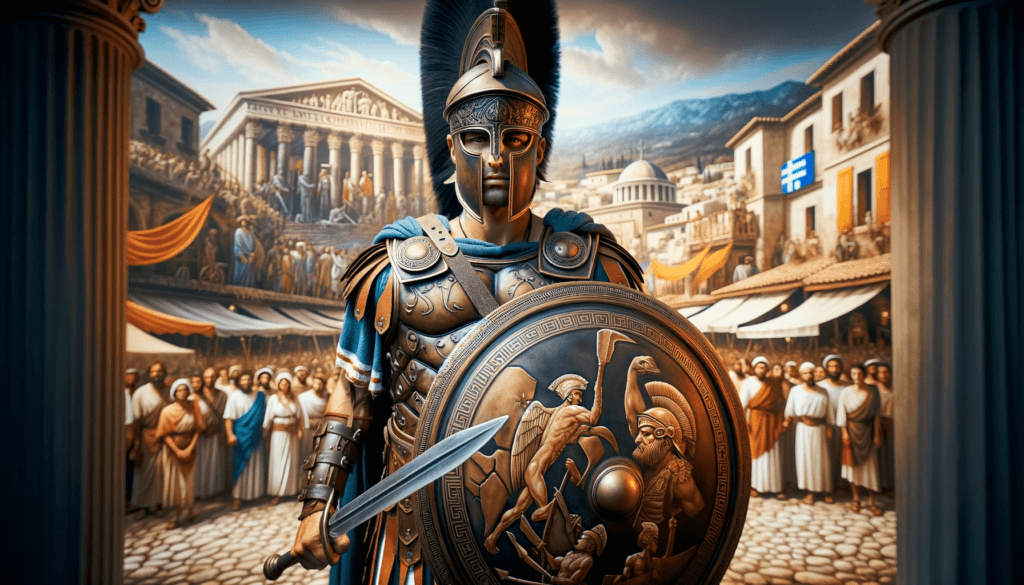
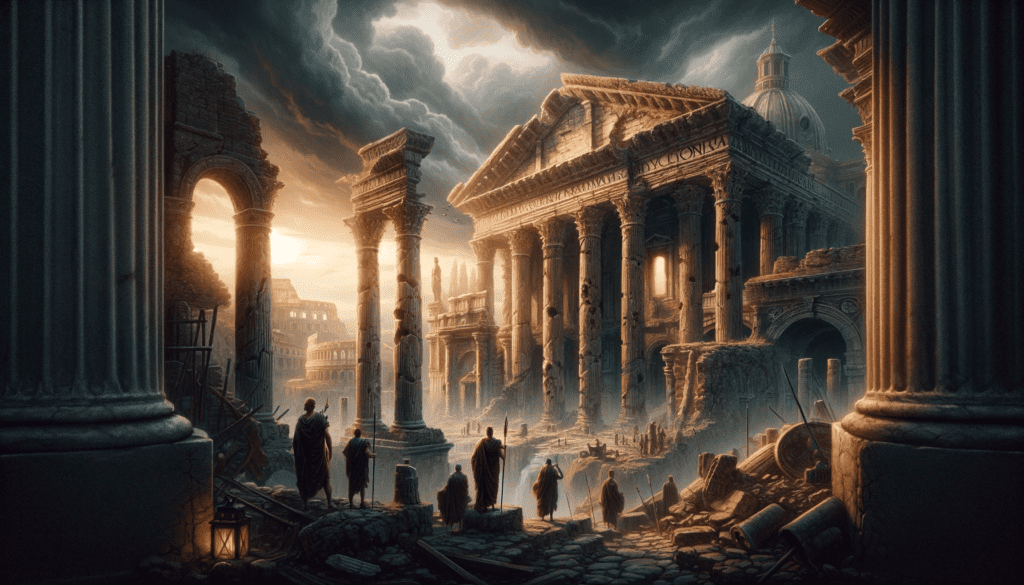
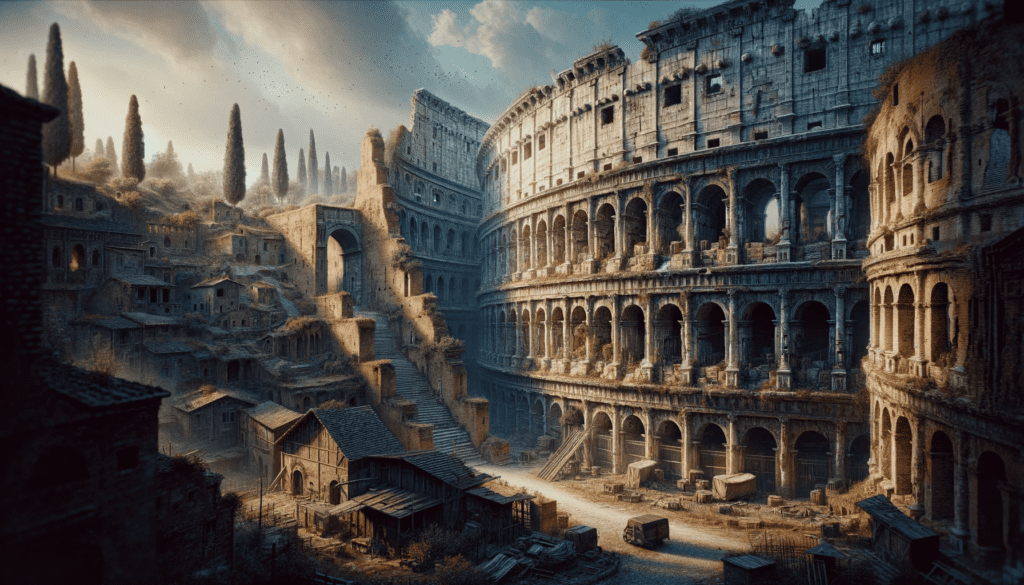
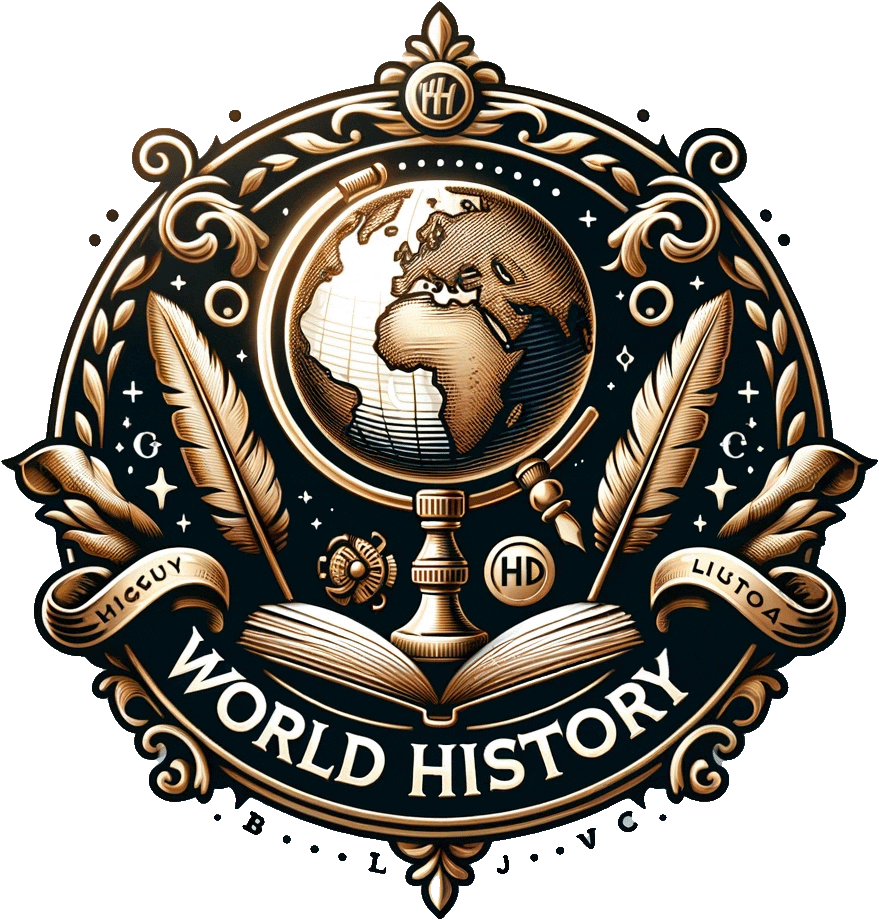
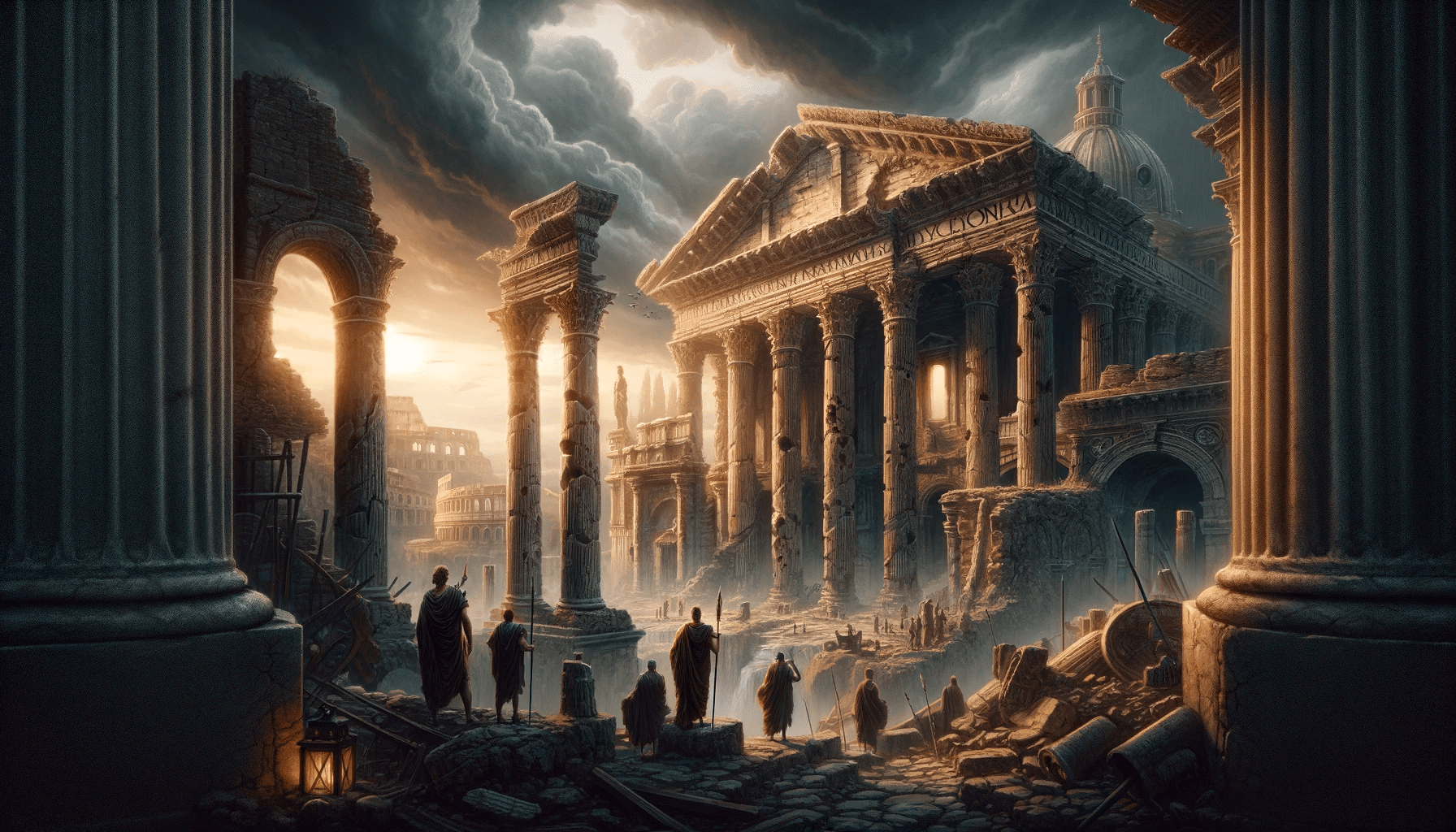
Leave a Reply